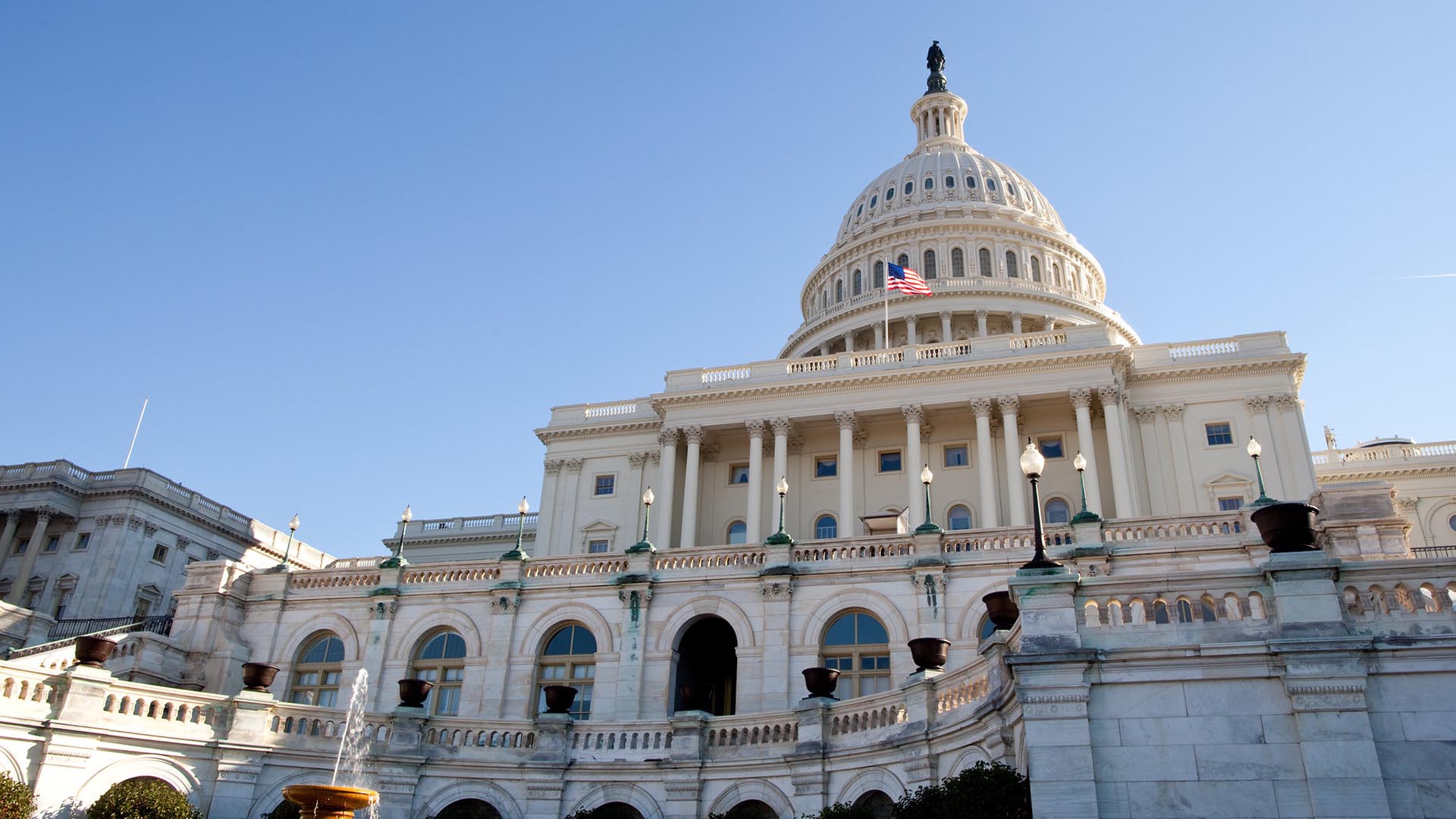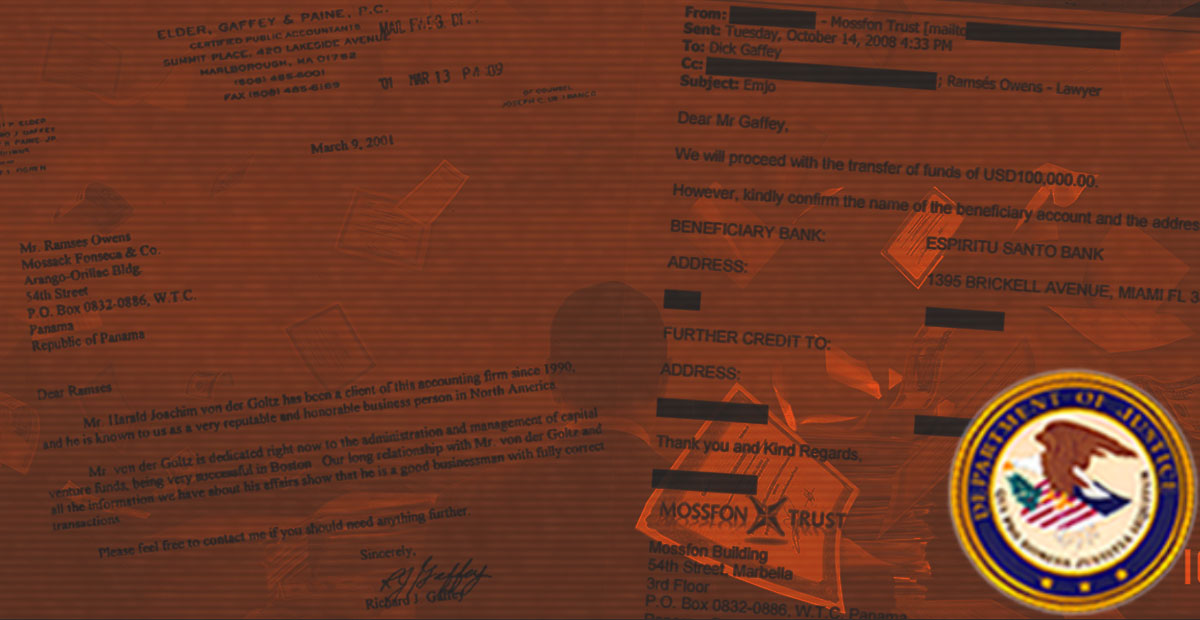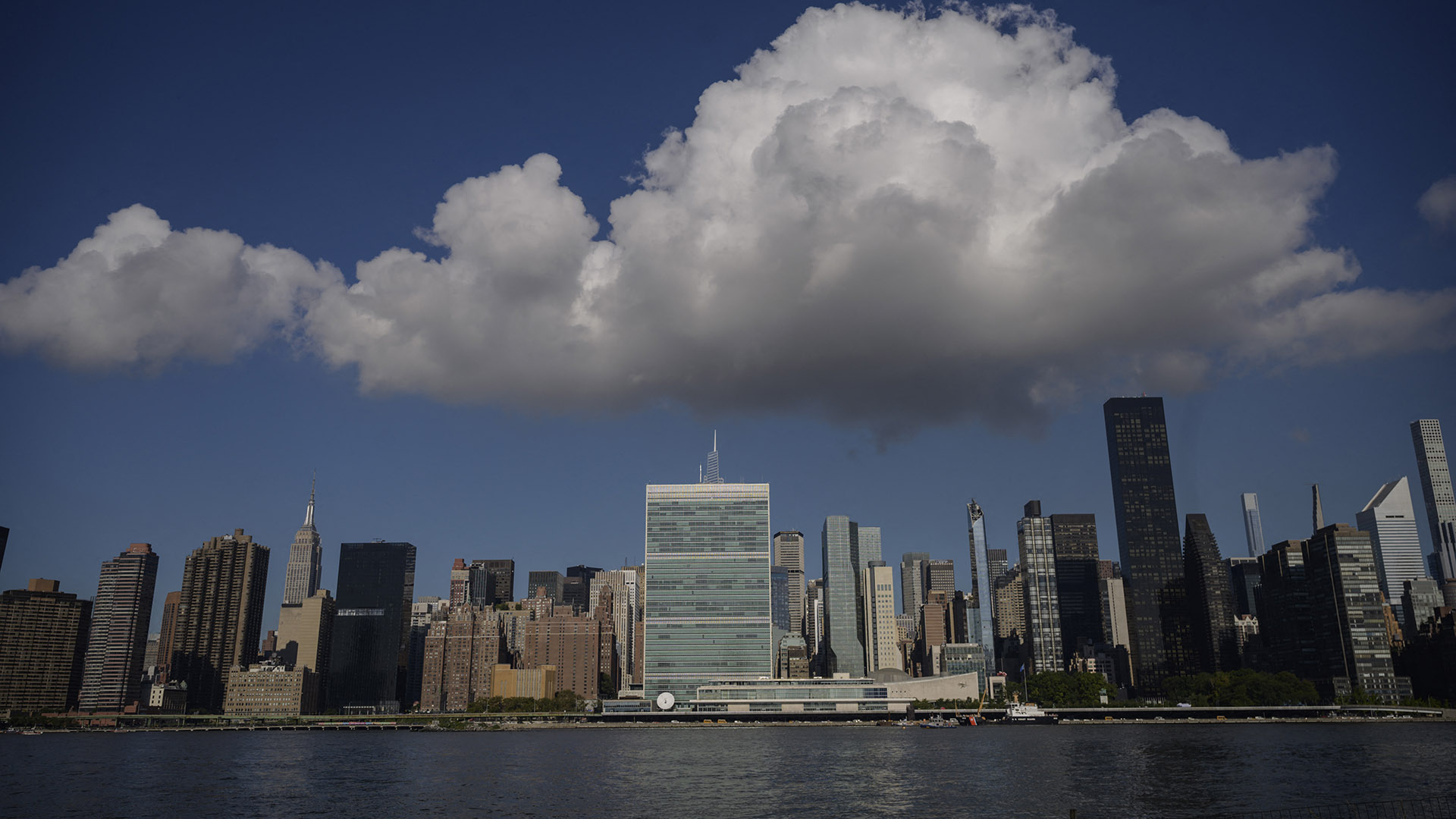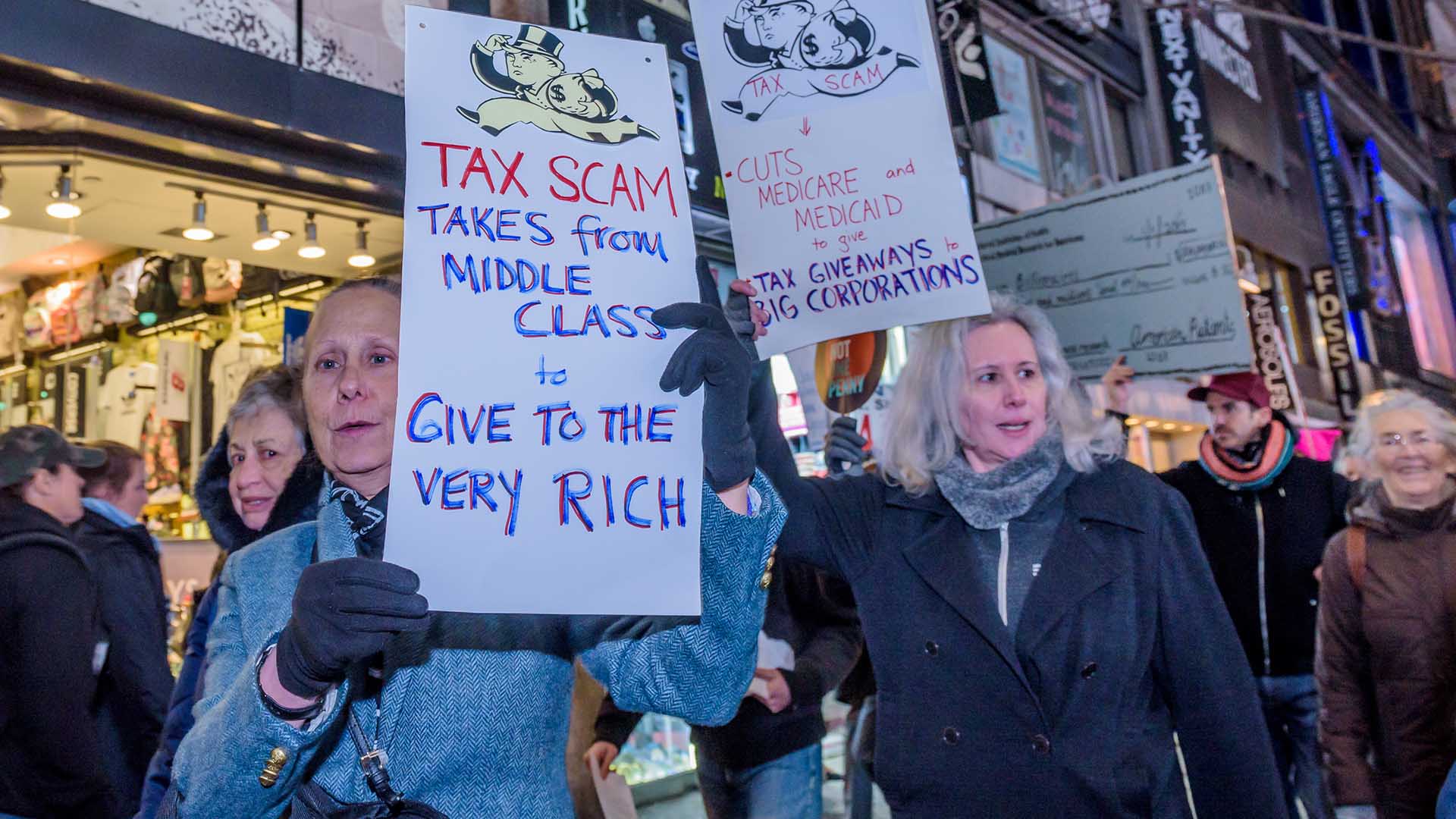A United States anti-corruption law that would crack down on anonymous shell companies has been slowed by gridlock in Congress, leaving its fate to be decided in crucial negotiations between the Senate and House of Representatives.
The bill would create a federal register of the real, flesh-and-blood owners of all U.S. based companies. It enjoys overwhelming support from both Republicans and Democrats, as well as law enforcement, banks and the White House.
But in a sign of how the coronavirus pandemic and partisan dysfunction have consumed Washington, D.C., the bill did not make it into a spending package approved by the Senate in July and now must be negotiated between the two chambers of Congress.
With the presidential elections looming in November, the delay raises concerns about whether the U.S. is ready to join other industrialized countries in closing a loophole that the U.S. Treasury Department has identified as one of the nation’s top vulnerabilities in the fight against money laundering.
Nate Sibley, a research fellow at the Hudson Institute, a Washington, D.C.-based think tank, noted that both the United Kingdom and the European Union have already established beneficial ownership registers. The U.K. created its register in 2016 and the EU directed its member states to set up registers by the beginning of 2020.
“The U.S. is starting not only to fall behind but to stand alone on this issue,” Sibley said.
If the U.S. passes the Anti-Money Laundering Act, it will still provide less transparency on company ownership than the U.K. or Europe. Under the act, beneficial ownership information for U.S companies would be controlled by the Treasury Department’s Financial Crimes Enforcement Network (FinCEN) and available only to law enforcement agencies. By contrast, the U.K. and European registers are open to the public.
“What’s astonishing about how protracted the political battle has been in the U.S. is how modest the proposed reforms are,” Sibley said.
Earlier this summer, the bill’s supporters believed they had found the perfect solution for shepherding it through a divided election-year Congress. They sought to attach the bill to the legislation that funds the Pentagon, a step that would effectively ensure its approval.
But while the House attached the bill to its version of the defense spending authorization, the Senate declined to do so. That means the two chambers must iron out their differences in negotiations this fall.
Proponents of the bill, known in earlier versions as the Illicit Cash Act and Corporate Transparency Act, remain confident that the legislation will pass.
Clark Gascoigne, the interim executive director of the Financial Accountability and Corporate Transparency Coalition, a nonprofit group that has advocated for the legislation, said the key players in the negotiations appear to be in accord about the bill’s contents.
In the Senate, Banking Committee Chairman Mike Crapo (R-ID) and ranking member Sherrod Brown (D-OH) already agreed on language for a bill over the summer. The House overwhelmingly passed a version of the bill in its defense spending package. The key remaining hurdle appears to be whether the Senate’s Republican leadership will allow the bill to be included in the Pentagon funding measure.
In recent months, a wide coalition of supporters have emerged to try to push the bill over the finish line, including attorneys general from 42 U.S. states and the influential U.S. Chamber of Commerce. The endorsement was the first time that the Chamber of Commerce has supported beneficial ownership disclosure.
The Bank Policy Institute, an advocacy group that represents the U.S.’s biggest banks, has also been a leading proponent of the bill. Mike Lee, its head of government affairs, said the bill would help banks to more effectively fulfill their obligation to know their clients.
“The legislation modernizes outdated frameworks and allows banks to more effectively allocate resources to providing useful information to law enforcement instead of focusing on ‘check-the-box’ compliance expectations,” Lee said.
The groundswell of support for the bill across traditional lines of political party and ideology may owe in part to political calculation. With Republicans currently trailing in polls for the 2020 elections, the Anti-Money Laundering Act is perceived as less strict than the bill that would result if Democrats gained control of the White House or Senate without beneficial ownership legislation having passed.







